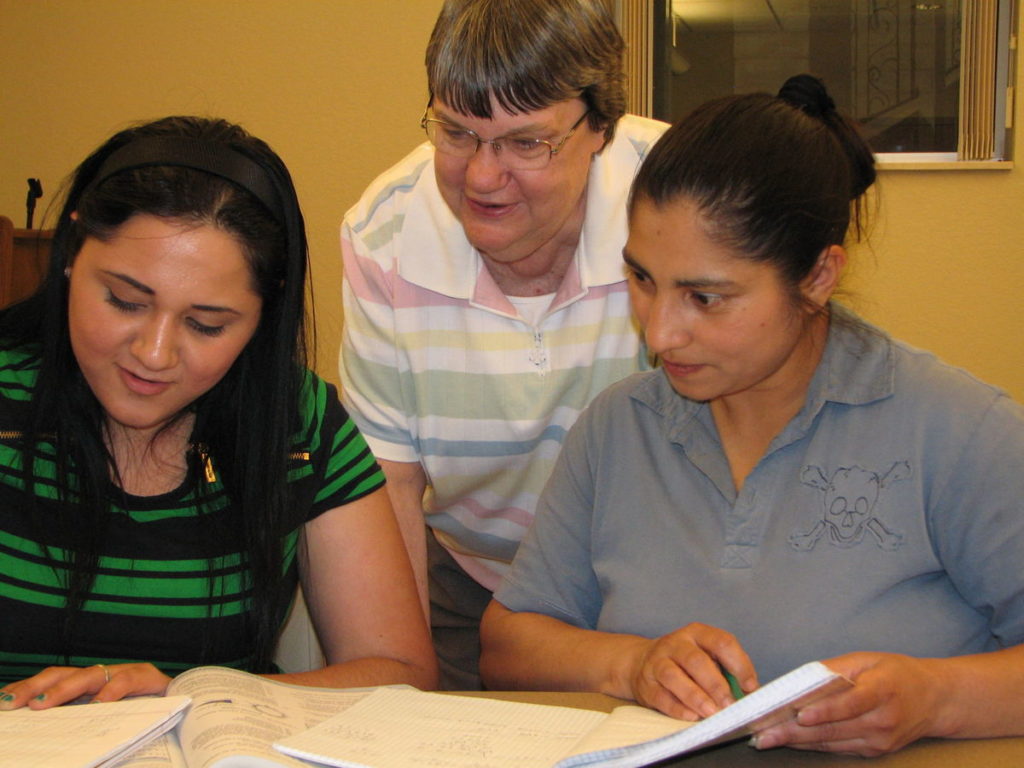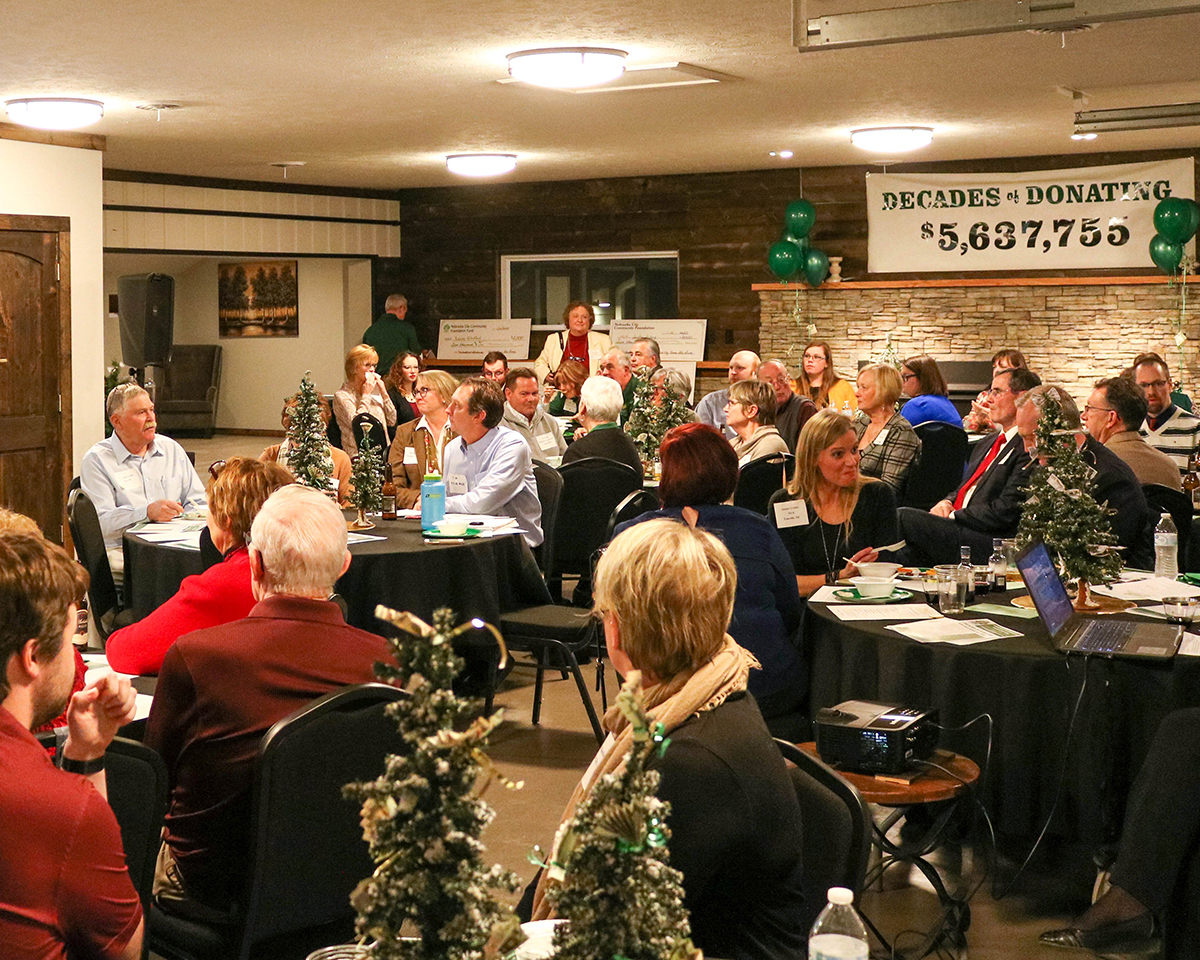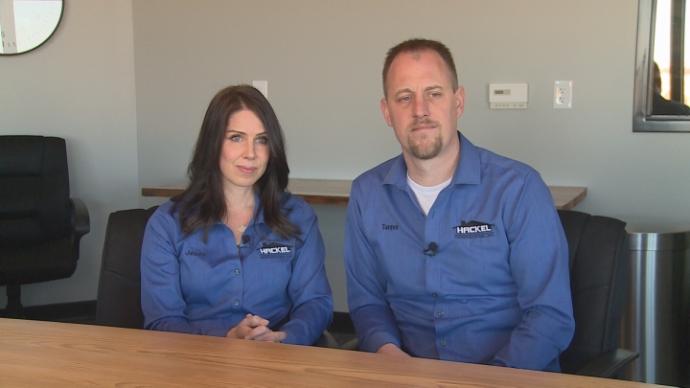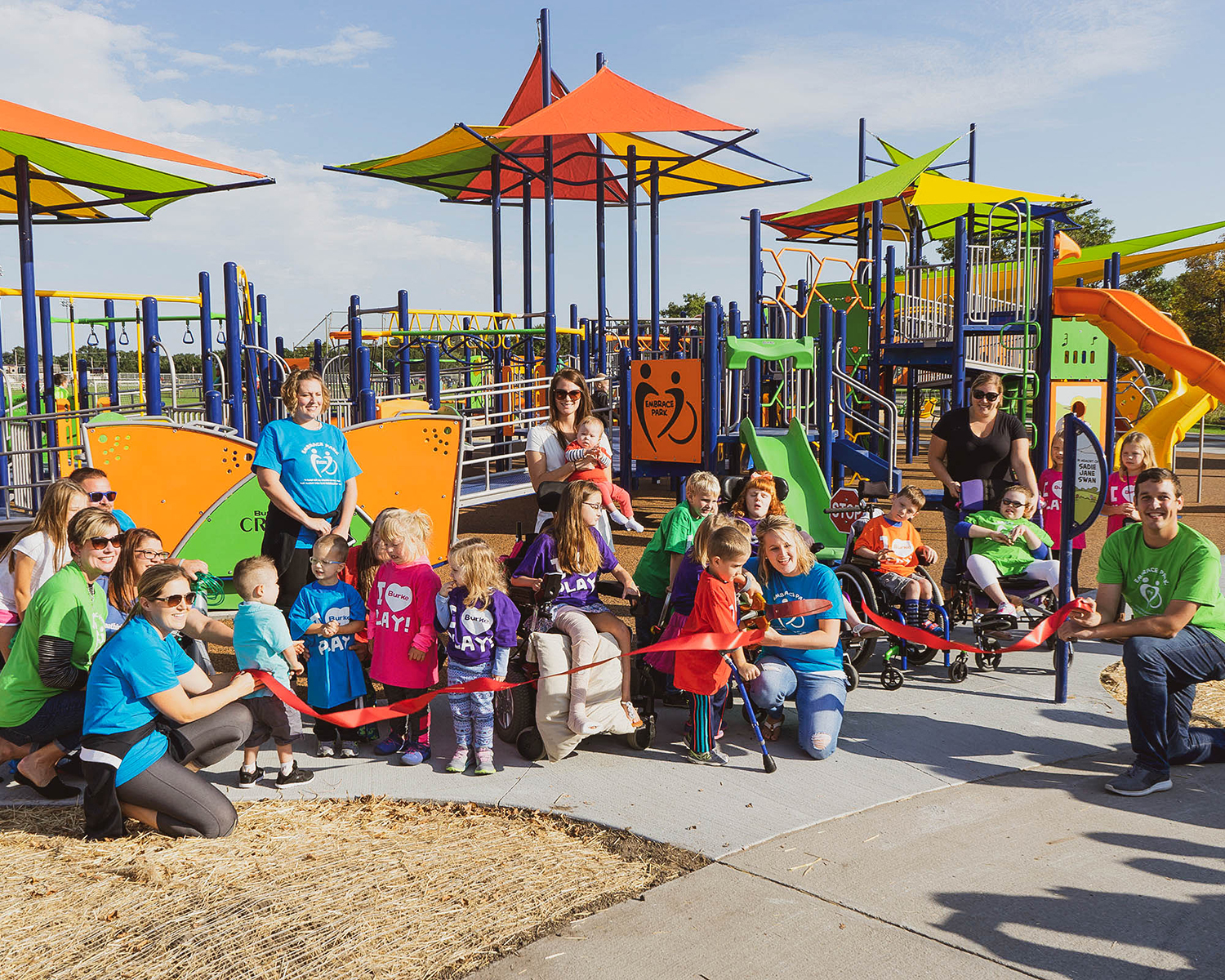
As waves of immigrants arrived in America and traveled to the Great Plains to build a new life, one of the few possessions many settlers were able to bring with them was their native language.
First and second generation children learned English for the first time in school. Today, they learn the language in school in English as a second language classes. Non-English speaking adults, however, have fewer structured learning opportunities, and demands of work and family usually come first.
Lack of English fluency can be a major barrier to attaining a high school diploma, which is required by most employers.
Thanks to the efforts of a retired teacher in northeast Nebraska, many Spanish-speaking adults have completed their GED exams and are now working in decent-paying jobs and are citizens in their communities.
“You helped me get a better job.”
“Now I can take college classes.”
“It makes me feel so good to be able to help my kids with their homework.”
These are just some of the dreams come true for students of Karen Indra of Norfolk.
Indra and several other volunteer teachers help Spanish-speaking adults prepare for their GED exams. Now in its fifth year, the curriculum has been expanded to include tutoring for students who have had very little schooling, and in some cases, no schooling whatsoever. What is special about this program is that all the instruction, materials and exams are offered in Spanish.
The program is housed at Immaculata Monastery in Norfolk, and it receives support from the Norfolk Area Community Foundation Fund, an affiliated fund of Nebraska Community Foundation.
Classes are held every Monday morning and evening to accommodate students’ working schedules.
Students who are not yet fully fluent in English and have never gotten their high school diploma can attend GED classes for as little as $25, or free if they cannot pay. But money is not the biggest obstacle for Indra’s students. It’s time… time to go to class and time to study at home.
“I had one gal who had to stop coming,” Indra said. “She’s working seven days a week and has three small children.
“And now, all the exams have to be taken online. This presented a real problem for us,” Indra explained. “Many people haven’t had that much experience on computers. And we didn’t have a reliable computer. We are so grateful for our grant. We now have a durable laptop at every class session for people to practice on.”
The laptop, class materials and partial scholarships to cover testing fees have been paid for through a grant from the Norfolk Area Community Foundation Fund.
English-speaking visitors to the class will find it interesting to hear how algebraic equations, which look so familiar on a white board, sound quite different when expressed in Spanish.
“When I started this class, I had to try to remember what I learned more than 50 years ago, especially when it came to math! I’d never taught anything but Spanish,” Indra said.
In her early years, she taught at the University of Nebraska at Omaha, and then for 29 years in the Norfolk School District. At age 74, she’s teaching new subjects – from history to mathematics – all in the Spanish language. It’s quite a volunteer commitment.
“Oh, I get back so much more than I give,” Indra said. “The people are trying so hard and they are so grateful.”
At any one time, as many as 50 students may be participating in classes at some level. Lack of child care and transportation often prevent regular attendance. For many, the goal is to get to the point of taking the GED practice test and final exams. But for some individuals, the goal is to learn the basics of reading and math.
Indra tells the story of one woman who could only purchase food with pictures on the packaging. Another could not easily distinguish her children’s social security cards, so she had to present them all to the receptionist for doctor’s appointments. One young man, who had never been in school, was embarrassed because he knew nothing about letters or numbers. Teachers worked with him in a separate space, and soon he was performing at an early elementary school level.
Some students are able to complete the exams within six months. Others may be in their second year, still coming to class when they can. Most are people who are working and have children. Everyone receives one-on-one attention, thanks to a group of bilingual volunteers who are helping the head teacher, who admits she will have to retire again sometime in the future.
Several graduates of Indra’s class have placed in the top 25% of the 100 or so people who participate in ceremonies for Spanish-speaking GED graduates in Lincoln.
“One young lady told me that it gave her the confidence to get out and try new things. She took the H&R Block test, and at the time, was one of only three people in Norfolk to pass it! Now she prepares taxes.”
One woman had to take over her husband’s concrete business when she became a widow. She said her improved math skills saved her time and hundreds of dollars in figuring volumes to make estimates.
“Another graduate is now a volunteer teacher in our class,” Indra said. “She told me it was her way of paying it back.”
Indra smiled when asked how most of her students say thank you. “They want me in their pictures at graduation. Some give me flowers. But mostly, it’s the hugs. That’s what really counts.”



